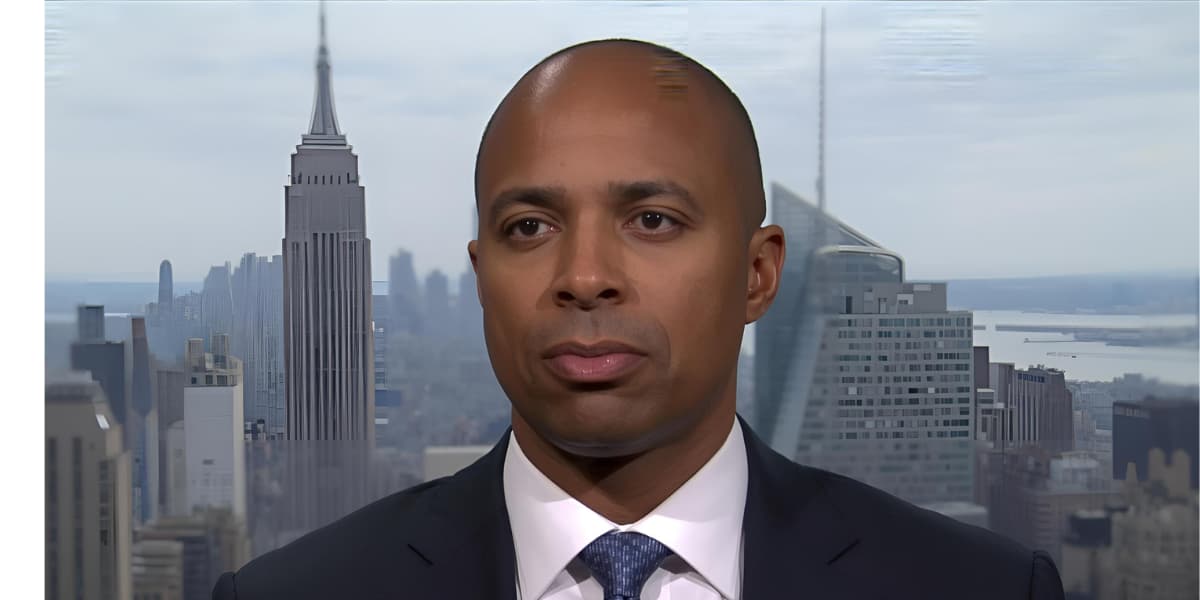Eric Adams Exit: Shocking NYC Political Twists Revealed
The announcement of Eric Adams’ withdrawal from the NYC mayoral race sent shockwaves across the city’s political landscape. What seemed like a routine campaign has now transformed into a battlefield of strategy, alliances, and unexpected turns. Citizens and analysts alike are now scrutinizing every move, trying to predict how this exit will reshape the future of New York City politics.
1. Sudden Withdrawal Sparks Uncertainty
Eric Adams’ decision to step down caught many off guard. While rumors had circulated about challenges in fundraising and political pressure, the formal withdrawal crystallized the uncertainty surrounding the election. Voters are now left questioning the viability of candidates and the stability of the city’s leadership. This move has already started reshaping voter sentiment, highlighting the fragility of political promises in a high-stakes environment.
2. Realignment of Political Alliances
With Eric Adams out of the race, key figures in NYC politics are re-evaluating their strategies. Potential endorsements and covert alliances are becoming the main game, as former rivals consider new partnerships to secure voter support. The most intriguing aspect is the possibility of Adams endorsing Andrew Cuomo, a move that would drastically alter the dynamics of the contest, despite their previously public disagreements.
3. Impact on Democratic Progressive Movements
The exit of Eric Adams has major implications for the progressive wing of the Democratic Party. Zohran Mamdani, the leading progressive candidate, now faces both opportunity and intensified scrutiny. While Mamdani gains momentum, the reshuffling of support could also fuel opposition attacks, questioning the feasibility of implementing a progressive agenda amid a fragmented political field.Eric Adams Exit: 5 Shocking NYC Political Twists Revealed The announcement of Eric Adams’ withdrawal from the NYC mayoral race sent shockwaves across the city’s political landscape. What seemed like a routine campaign has now transformed into a battlefield of strategy, alliances, and unexpected turns
4. Financial Challenges Behind the Scenes
Eric Adams’ campaign faced significant financial hurdles, which ultimately influenced his decision to withdraw. Fundraising shortfalls and rising campaign costs revealed vulnerabilities in his support base. Political analysts note that even seasoned incumbents cannot rely solely on name recognition; effective fundraising strategies are now a critical determinant of electoral success in NYC.
5. Voter Sentiment and Public Perception
Public opinion polls reflected a mix of disappointment and curiosity following Adams’ announcement. Citizens are questioning not only the motivations behind the exit but also what it signals about leadership priorities in NYC. This shift in voter sentiment has energized both supporters of progressive agendas and those wary of political instability, creating a highly competitive environment for the remaining candidates.
6. Cuomo’s Unexpected Advantage
Andrew Cuomo stands to gain a strategic edge due to Eric Adams’ exit. Although previously criticized by Adams, Cuomo now appears as a viable alternative to counterbalance progressive policies. For more details on Cuomo’s evolving campaign strategy, visit Wall Street Journal coverage. This unexpected opportunity may redefine alliances and voter coalitions in the final stretch of the election.
7. Media Coverage and Narrative Shifts
The media has played a pivotal role in shaping public perception of Eric Adams’ exit. News outlets and social platforms quickly dissected every detail, from potential endorsements to voter reactions. This intense scrutiny has amplified the stakes for the remaining candidates, forcing them to address both policy and perception with unprecedented speed.
8. Strategic Campaign Moves
Remaining candidates are now adjusting their strategies in response to the political vacuum left by Adams. Campaign messaging, grassroots mobilization, and digital outreach have all been recalibrated to capture undecided voters. The race has become a test of agility, highlighting which campaigns can pivot effectively under pressure.
9. Implications for NYC Governance
The long-term impact of Eric Adams’ exit goes beyond the election itself. Governance, policy priorities, and city planning may all be influenced by the eventual winner’s coalition. These changes could redefine the political landscape for years to come.
10. Looking Ahead
As the election approaches, voters face a transformed political field. The absence of Eric Adams introduces unpredictability, making every vote count more than ever. For a closer look at candidate strategies and voter engagement, check out our comprehensive analysis of NYC mayoral candidates. The final outcome will depend on who can navigate this complex, evolving race most effectively.
Conclusion
Eric Adams’ exit from the NYC mayoral race has reshaped the political environment in dramatic ways. With shifting alliances, financial challenges, and voter sentiment in flux, the city faces a pivotal moment in its governance. The ultimate winner will not only lead the city but also define its political trajectory for years ahead.




